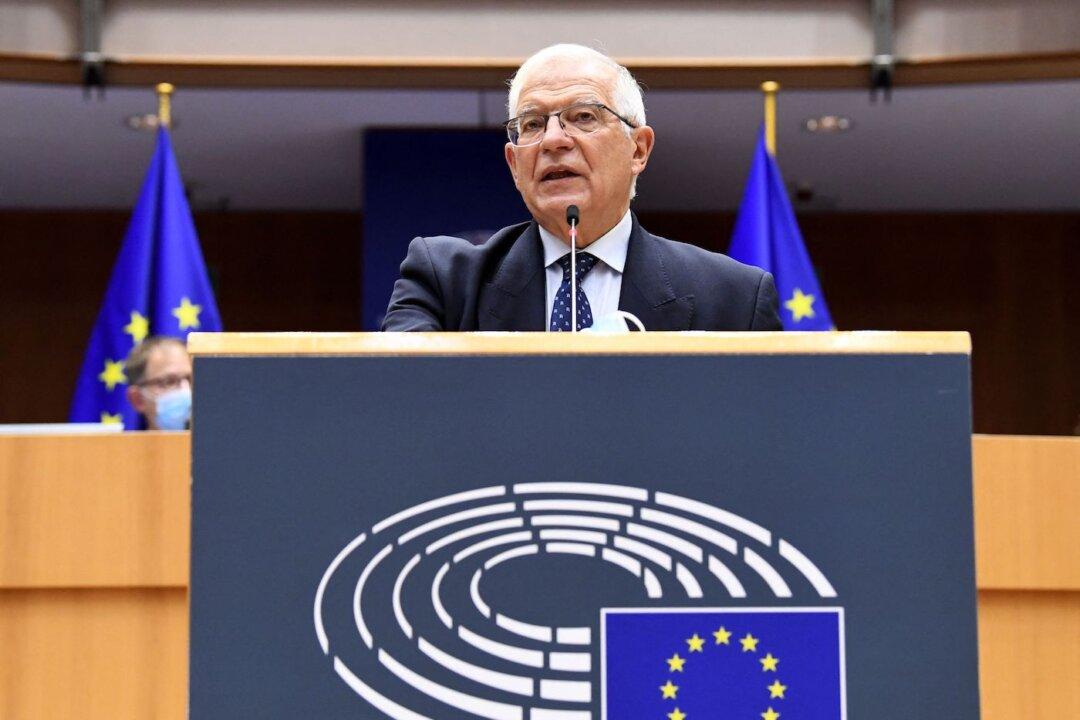Josep Borrell, head of foreign affairs and security for the European Union, has backed the idea that the EU should seize frozen Russian assets in order to pay for the rebuilding of Ukraine.
Borrell indicated he would support such measures during an interview with The Financial Times and he compared the situation to what the United States did after the Taliban took over Afghanistan last year.





